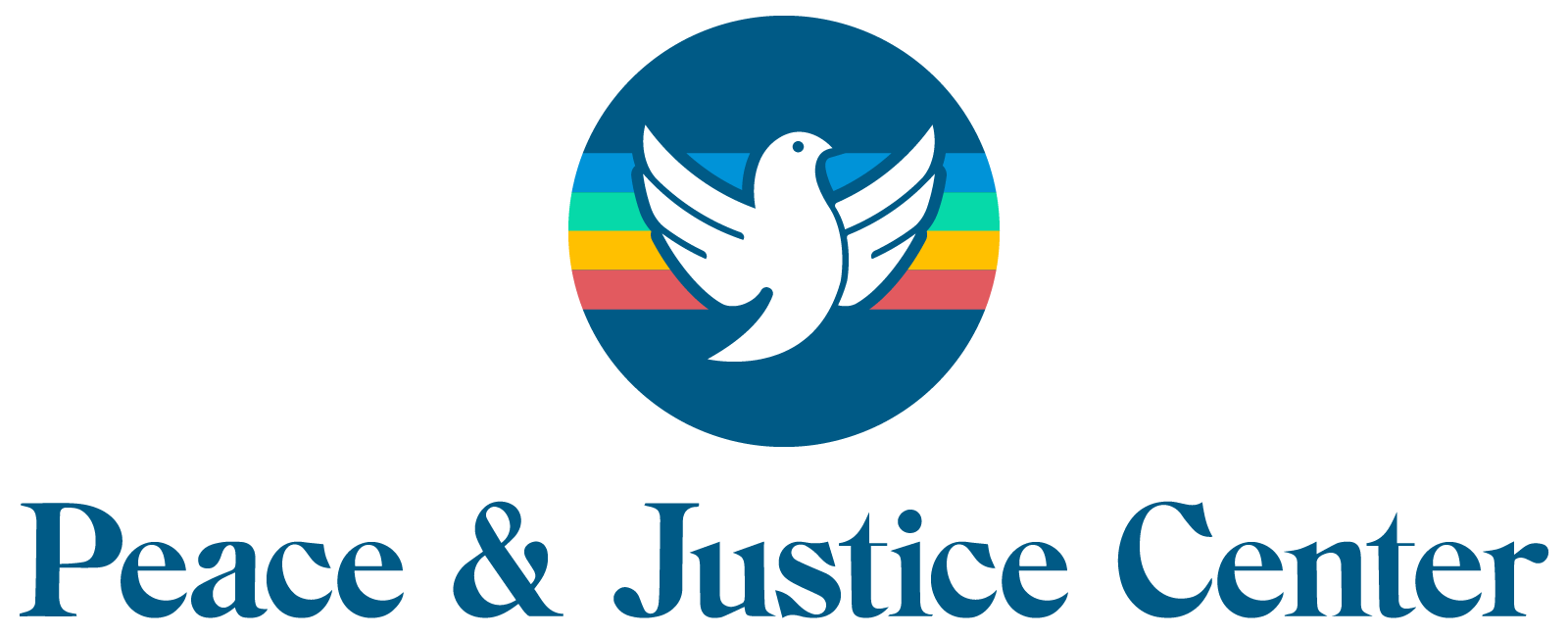
When I was growing up, a trusted adult in my life misguidedly told me that Kwanzaa was a made up holiday; insinuating other traditions were more worthy of celebration. I remembered those words and repeated them, and it wasn’t until my late 20’s that I realized: every holiday is made up. We need to decide for ourselves how and why we celebrate.
We have a variety of holidays in this so-called United States, but as I begin to unpack this nation’s history, some of them have become hard for me to recognize, let alone celebrate, including the 4th of July. A day known as “Independence Day” should mean freedom for all people, but stolen Black bodies were violently taken from their native lands – forced to work for free to build generational white wealth, enslaved 89 years after so-called Independence Day. When finally freed, they did not have access to land, capital, or other resources to begin
building this status and wealth that was an afterthought to many white families. While I have worked hard in my life, privileges have played an equal role in my successes. I am white, able-bodied, cisgender, straight-passing, and I’ve always had access to capital. While these traits do not inherently make my life easy, they create an identity that has tangible advantages.
The realization that I hold this identity has redefined the role I feel comfortable playing in holiday celebrations. Instead of enjoying barbeques and fireworks, my role includes understanding the importance of redistributing my access to wealth, educating others on issues of racial injustice, and expressing gratitude towards the friends and mentors who have been patient with me as I recognize and acknowledge my own privilege.
As a personal challenge this year, I completed a 200 mile ride on the summer solstice. As Juneteenth falls close to the solstice, I chose to celebrate the holiday by donating $1 for every mile ridden on this double century day to the Innocence Project. While legal slavery was abolished in 1865, many institutions in our country have upheld slavery by another name through mass incarceration. The Innocence Project works to exonerate those who have been wrongly imprisoned for crimes they did not commit. Their cases reflect the disproportionate impact of wrongful convictions – black people make up 13% of the US population, but account for 58% of Innocence Project’s cases.
As our country continues to reckon with racial injustices, I encourage regular reflection on the meaning, history, and celebration of our holidays. We are not free until everyone is free.
-Deborah Kraft
